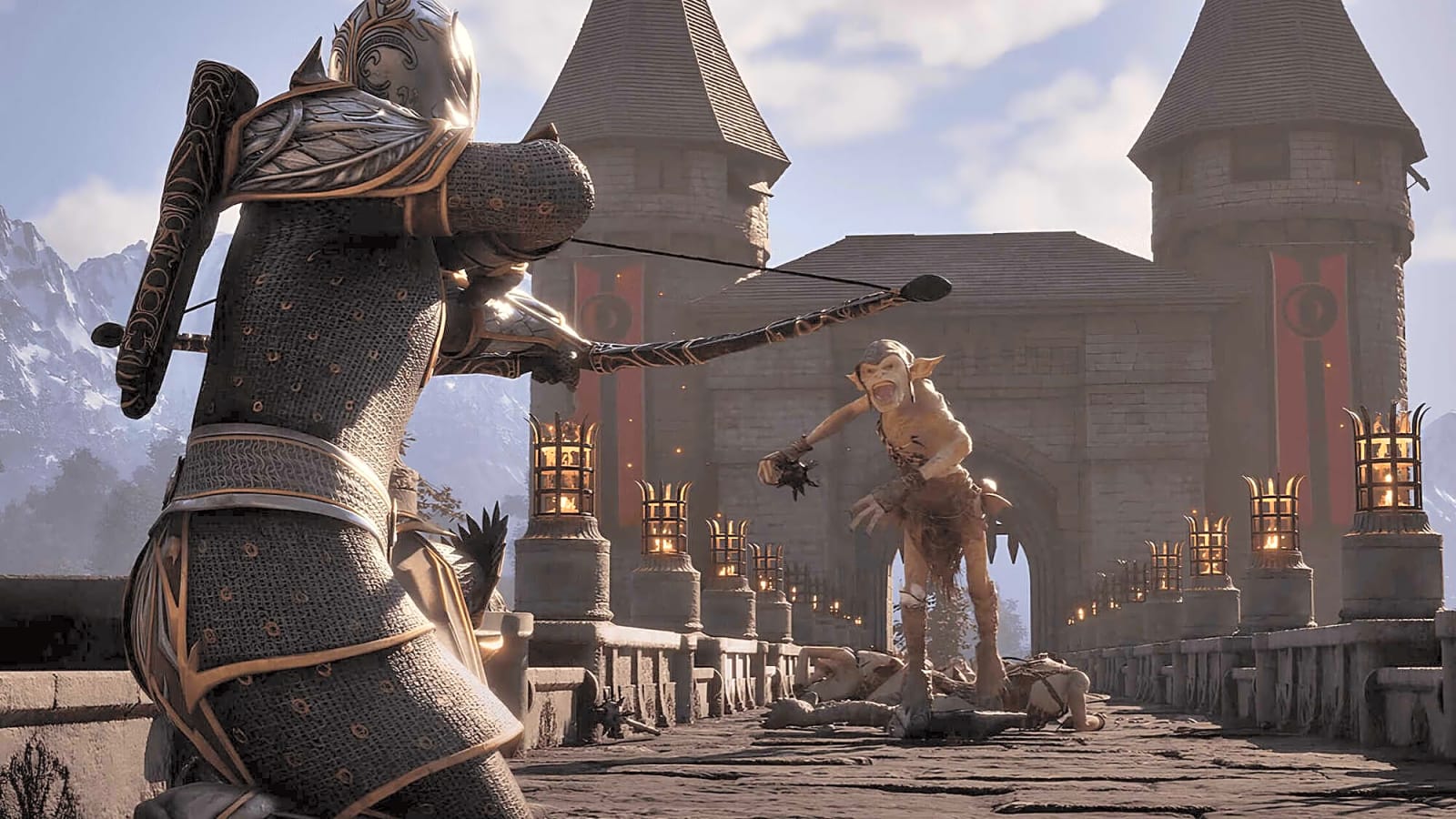
Critically acclaimed games like Oblivion and Counter-Strike have left lasting legacies- but not all of them are positive. Explore how beloved titles unintentionally sparked frustrating trends in modern gaming.
When Great Games Leave a Troubling Legacy
Some games are so influential that they shape the industry– but not always for the better. A recent Reddit thread sparked a lively debate about beloved titles that, despite their excellence, inadvertently introduced problematic trends that still plague players today. These aren’t bad games. In fact, they’re often masterpieces. But their innovations sometimes paved the way for monetization models, design choices, or online requirements that have since become industry norms- and not in a good way.
One of the most cited examples is The Elder Scrolls IV: Oblivion, particularly its infamous horse armor wasn’t part of a major expansion- it was a cosmetic add-on sold for real money. While Bethesda didn’t invent paid cosmetics, they helped normalize them in a big way. Fast forward to Oblivion Remastered, and horse armor is back: one version is free, but another is locked behind a deluxe edition paywall. What was once controversial is now standard practice.
From Cosmetic DLC to Always-Online Frustrations

Another game that unintentionally sparked a troubling trend is Counter-Strike. While its core gameplay remains iconic, the introduction of weapon skins led to a wave of third-party gambling sites. These platforms, often targeting younger players, have raised ethical concerns and regulatory scrutiny. Even newer entries in the franchise continue to grapple with the fallout.
Destiny also came under fire in the discussion. Players noted how Bungie’s approach to sequels- removing features from older games to push players toward newer titles- has become increasingly common. This tactic, while effective for driving engagement, often leaves loyal fans feeling shortchanged.
And there’s SimCity (2013), which infamously required an always-online connection to play. The backlash was swift and intense, forcing even console makers like Microsoft to rethink similar strategies for the Xbox One. Yet despite the uproar, always-online requirements remain prevalent in many modern games, often justified by live service models or anti-piracy measures.
These examples highlight a paradox in gaming history: some of the most celebrated titles have also been the source of enduring frustrations. As players continue to reflect on the legacy of these games, it’s clear that innovation and impact don’t always go hand in hand with player-friendly practices.
While I’m not usually aware of certain trends, they can have both positive and negative impacts that can affect the gaming industry and the games themselves, ultimately influencing players who want to enjoy their favorite games. Other than that, I think a lesson is in order: Be careful with what you play or who you play, as they might come to bite back.
Thanks for Reading! Please make sure that Total Apex Gaming is for more gaming updates and your daily news! And be sure to make sure to check out Total Apex Entertainment for more celebrity gossip.
More must-reads:
- Veteran wideout announces retirement from NFL
- Jerry Jones addresses Taylor Swift possibly attending Chiefs-Cowboys game
- The 'MLB playoffs all-time hit leaders' quiz
Breaking News
Trending News
Customize Your Newsletter
 +
+
Get the latest news and rumors, customized to your favorite sports and teams. Emailed daily. Always free!








